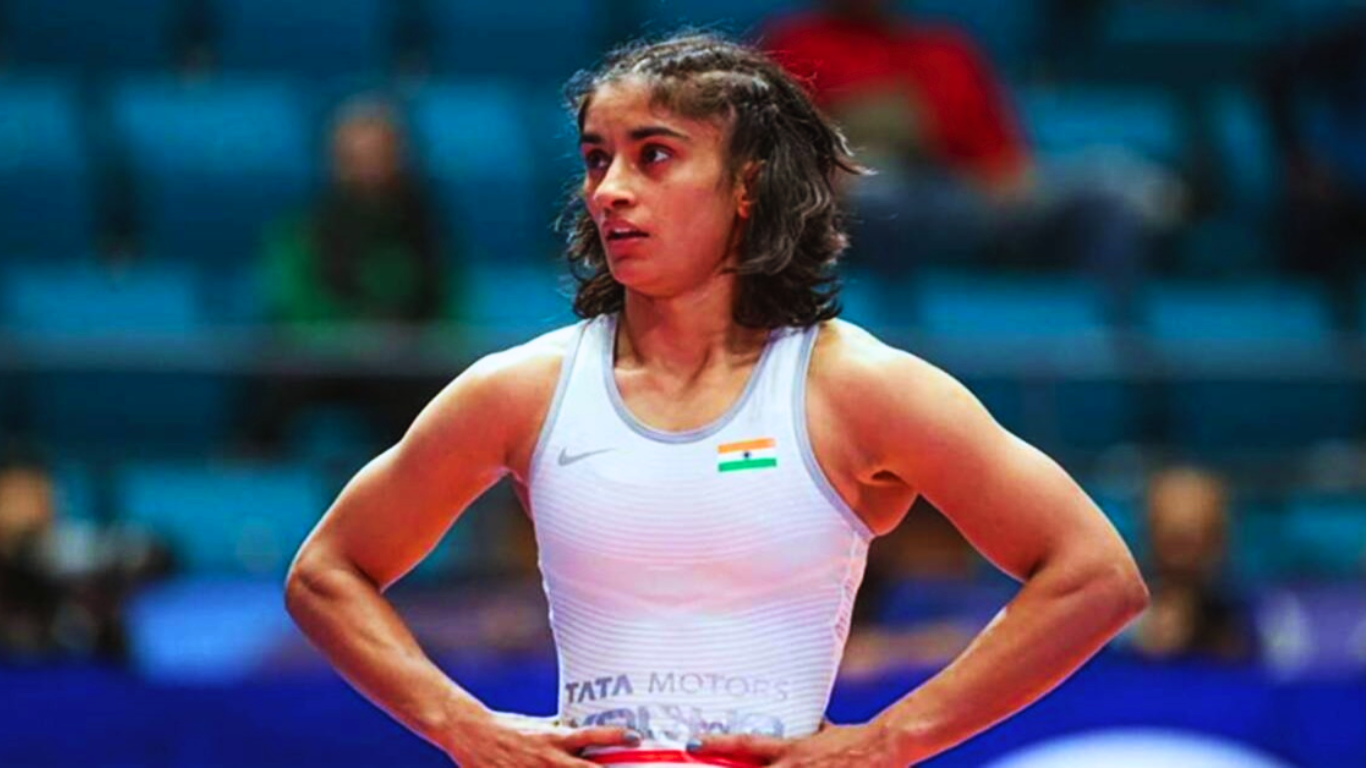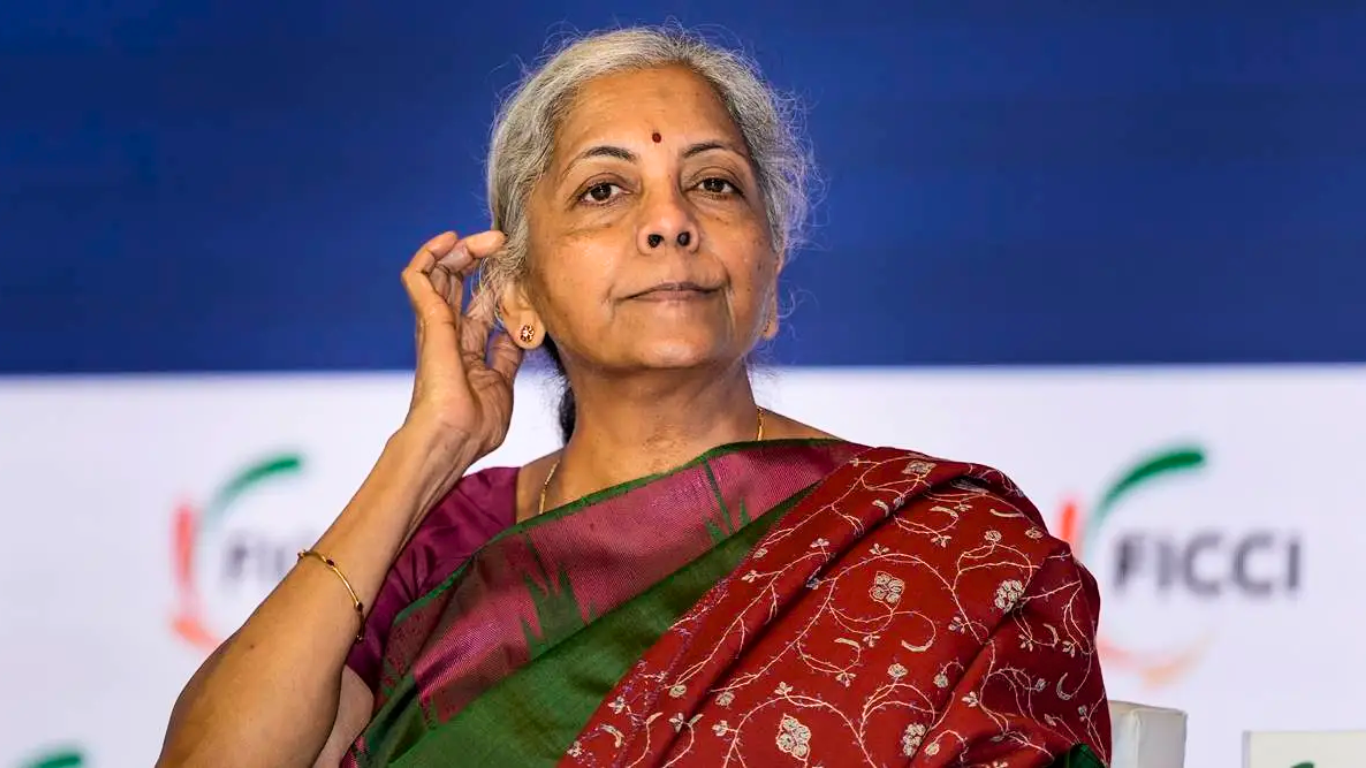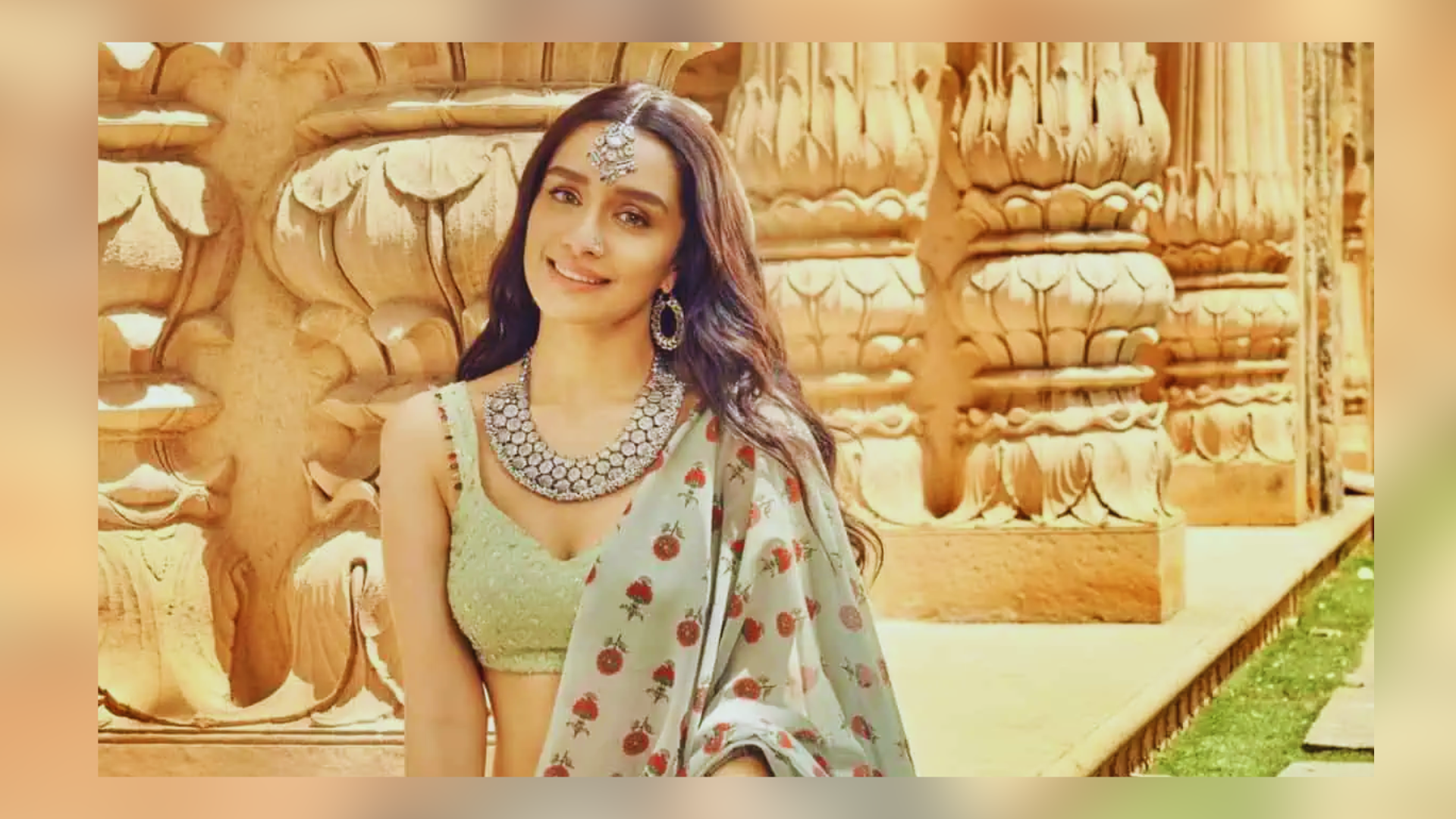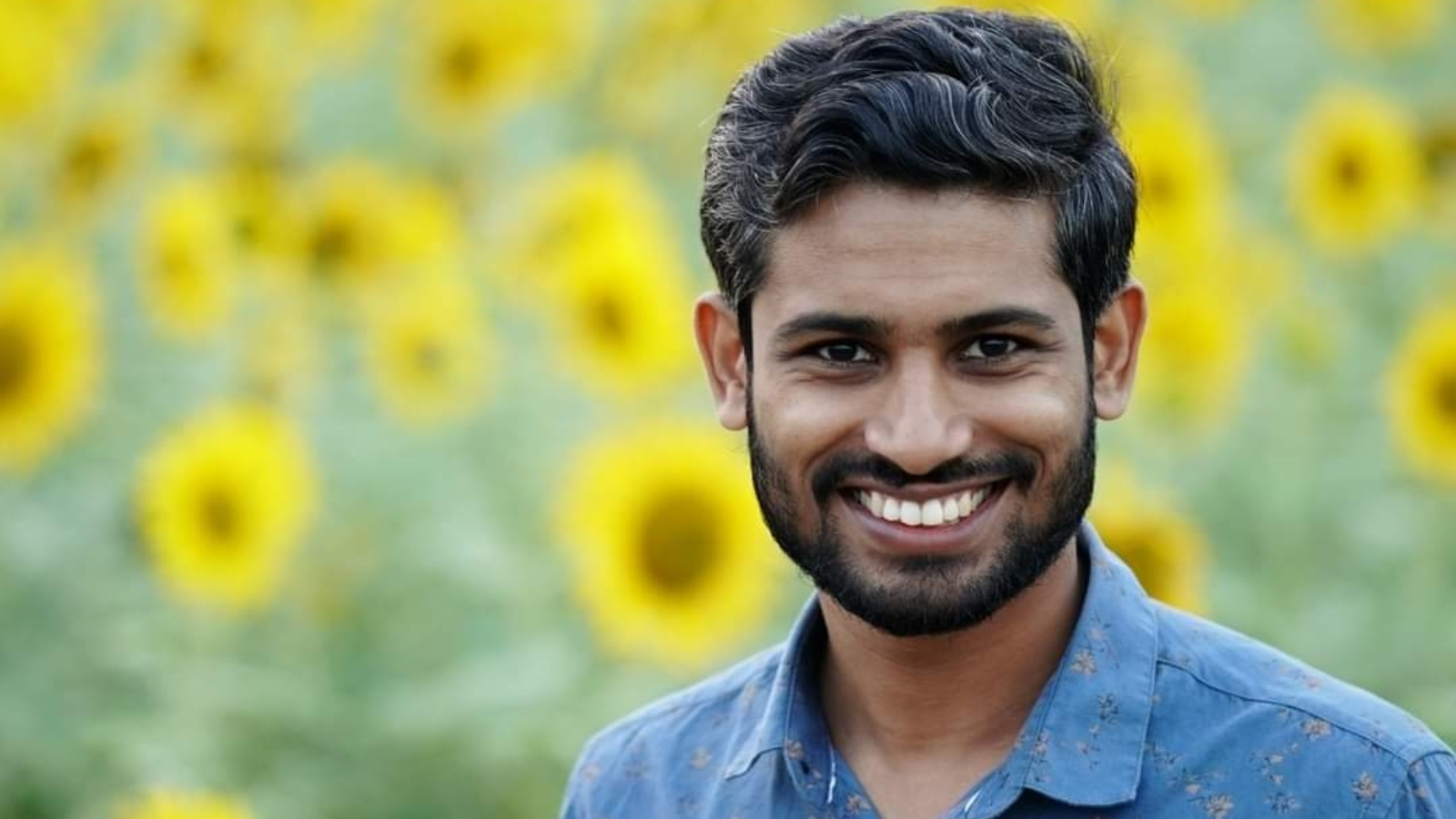


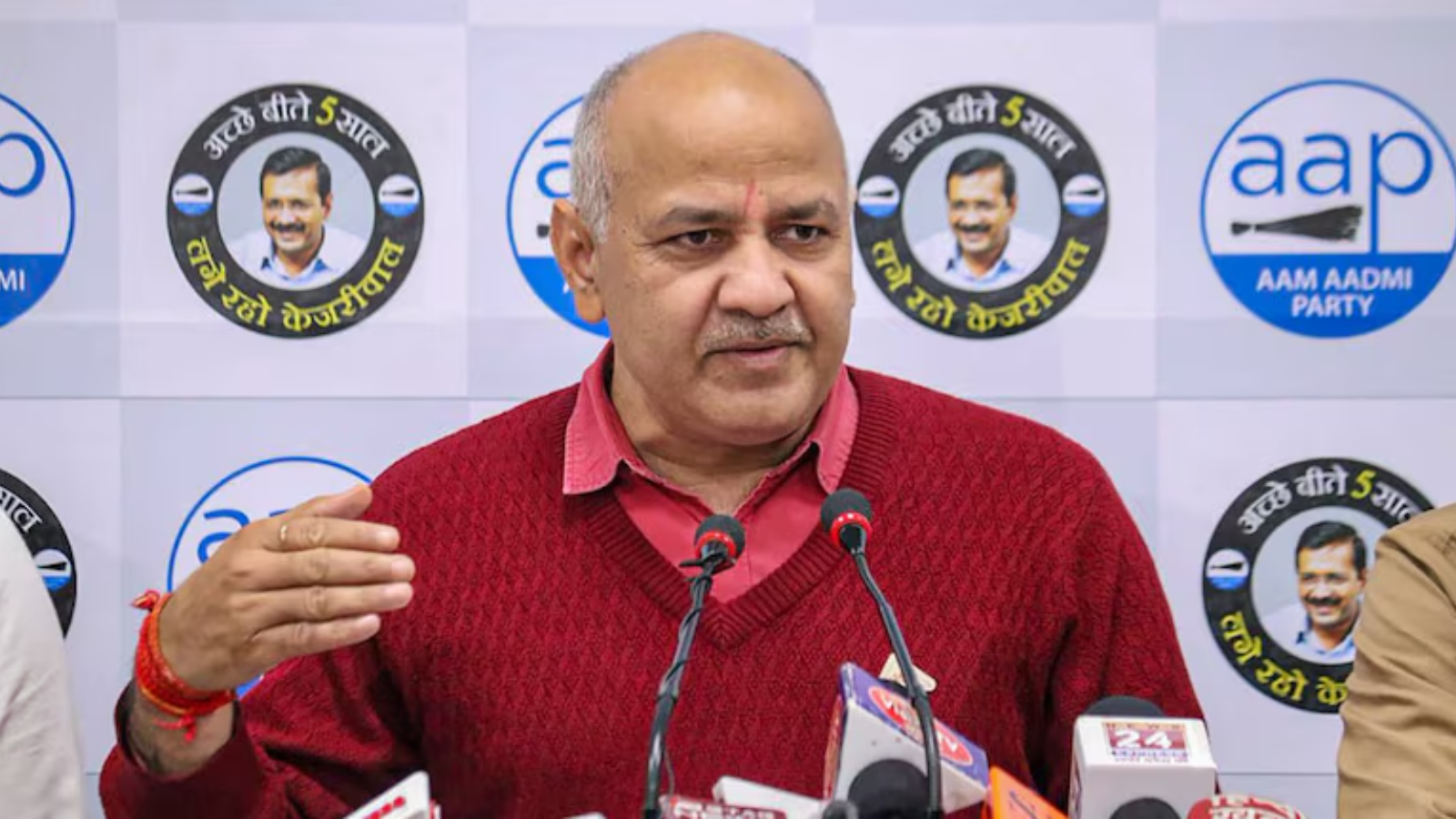


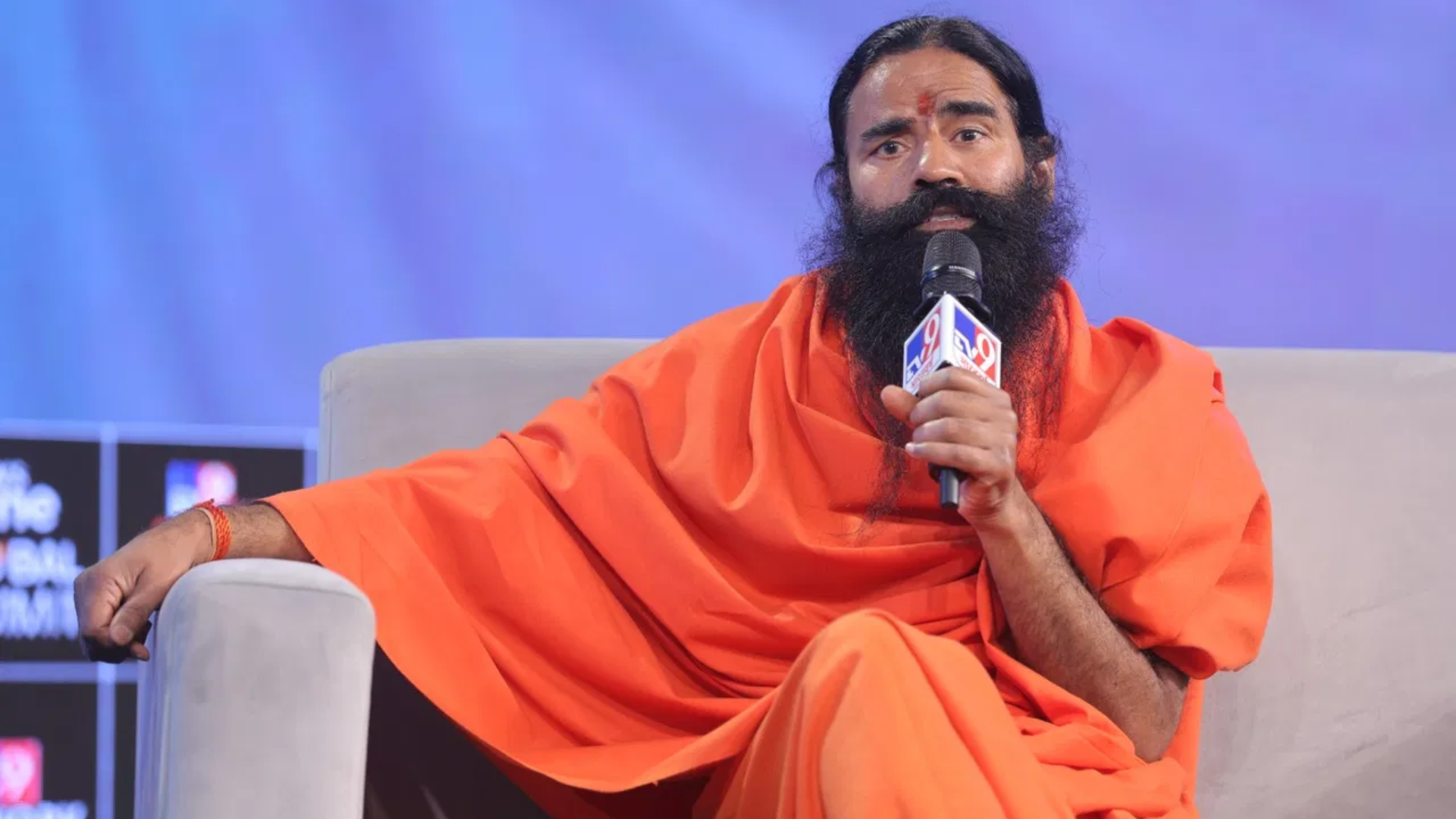

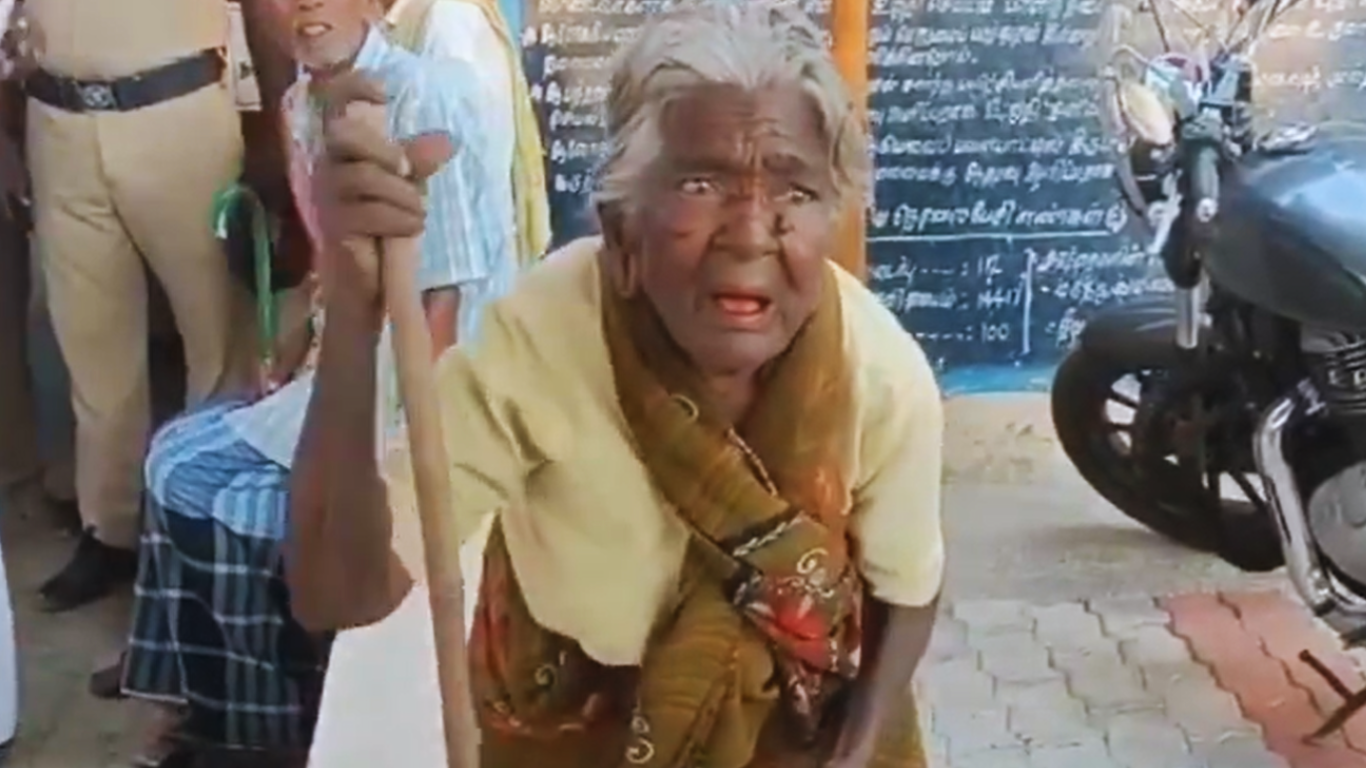
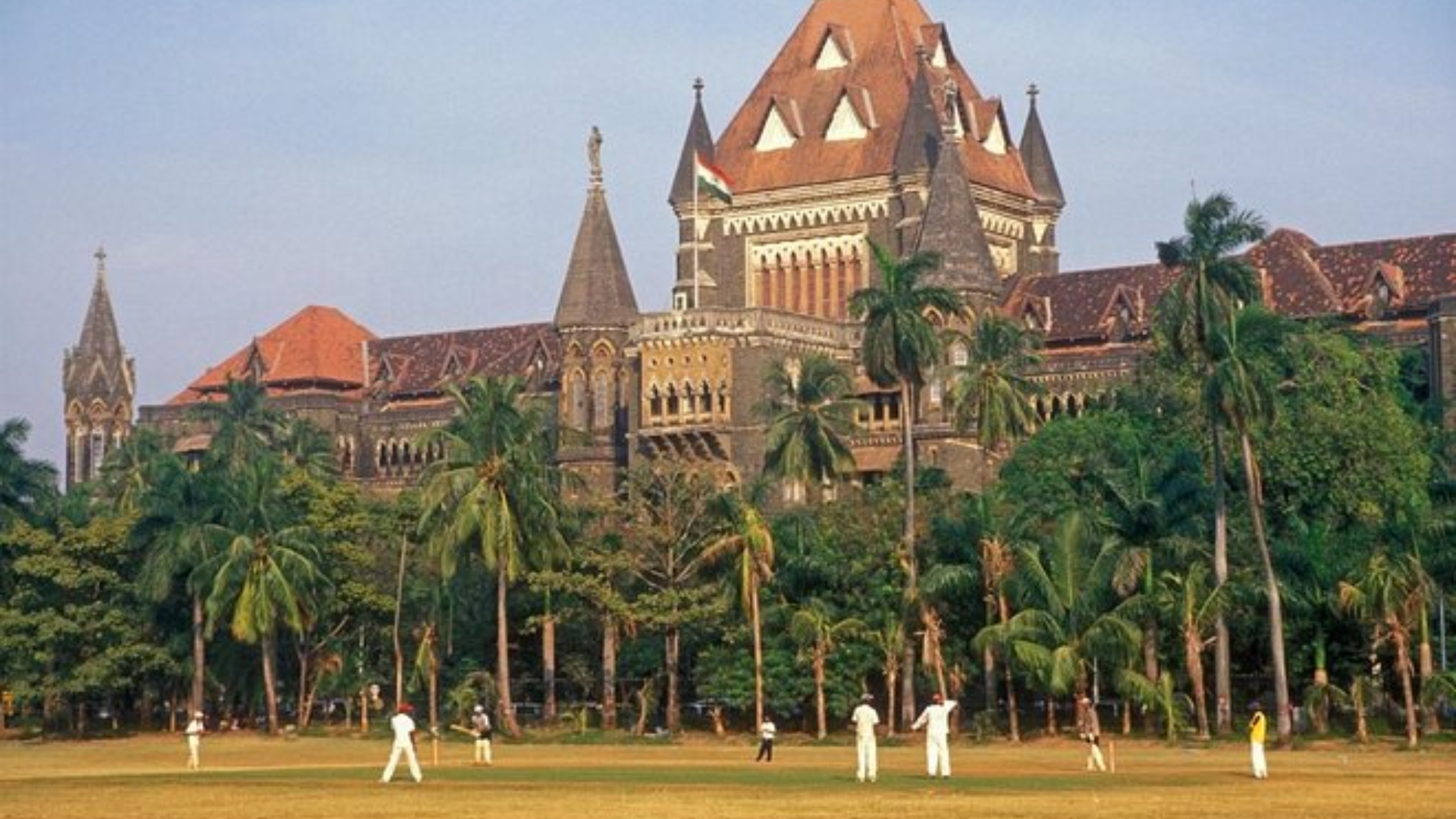
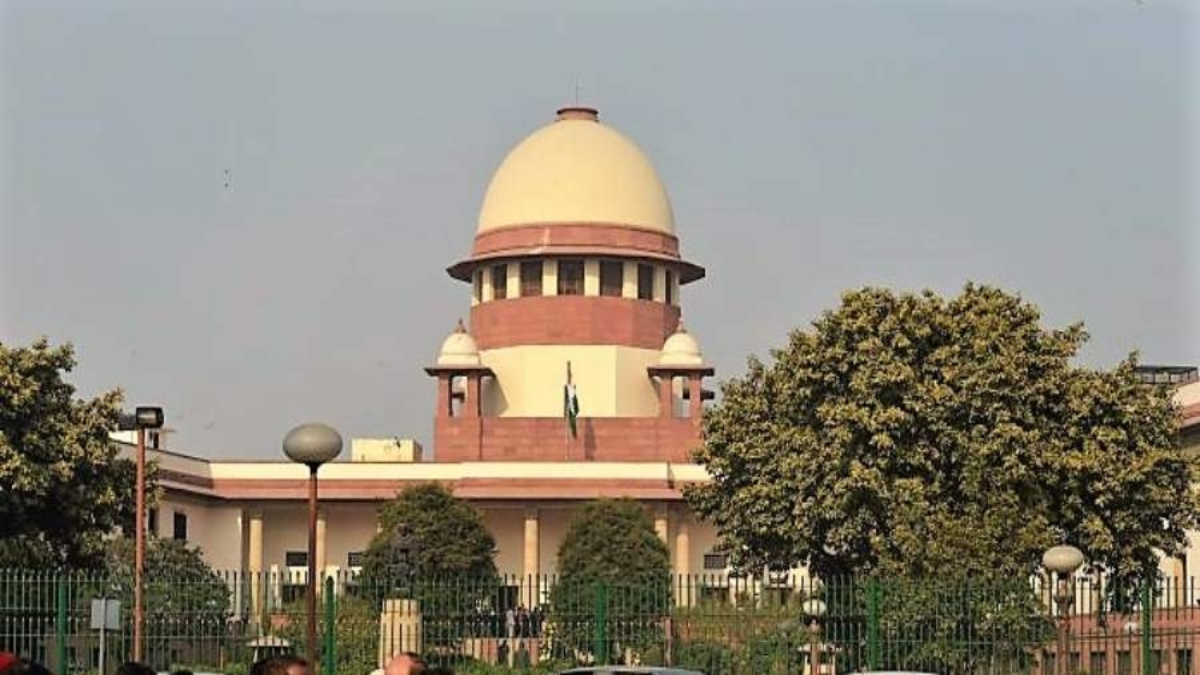
The Supreme Court said on Tuesday that the final hearing in the case involving the constitutional legality of reservations for the Economically Weaker Section (EWS) in higher education and concerns of public employment based on financial circumstances will commence on September 13.
The constitutional validity of the 103rd Amendment Act, 2019, which allowed the state to impose reservations in higher education and public employment based only on economic reasons, would be the first issue addressed by a five-judge bench chaired by Chief Justice of India UU Lalit. The Janhit Abhiyan case will now be heard by a five-judge panel led by Chief Justice UU Lalit.
Janhit Abhiyan’s case is about contesting the constitutional legality of the 103rd Amendment Act, 2019, which allowed the state to create reservations in higher education and public employment based only on economic reasons.
Furthermore, the Janhit case will be considered alongside a case brought by the Andhra Pradesh government against the High Court’s judgement in 2005 to overturn its decision to award reservations in education and public service to the entire Muslim population of the state.
The court has scheduled both cases for directions on September 6 and has said that the final hearing will commence on September 13.
Meanwhile, Shadab Farasat, Kanu Agarwal, and two others have been nominated as nodal counsels to oversee common compilation. According to the court, a common compilation should include relevant submissions and case compilations. The court also stated that it shall only provide a citation index as well as para and page numbers to make book references. The court directed the arguing counsels to provide written arguments of no more than three pages, as well as time.
All counsels agree that more time should be allotted to determine the overall time required to argue the matters. Nodal counsels are Shadab Farasat, Mahfooz Nazki, Kanu Agarwal, and Nachiketa Joshi.
Read Also: J&K Cong suffers massive Jolt: 51 leaders set to resign and join Ghulam Nabi Azad’s party
RESEARCHERS DEVELOP NOVEL POSTERIOR UVEITIS EYE DISEASE DIAGNOSTIC TECHNIQUE

